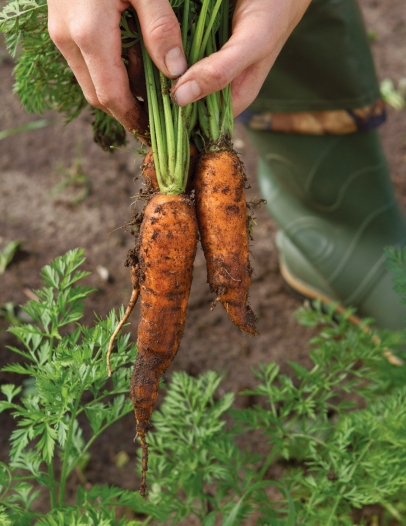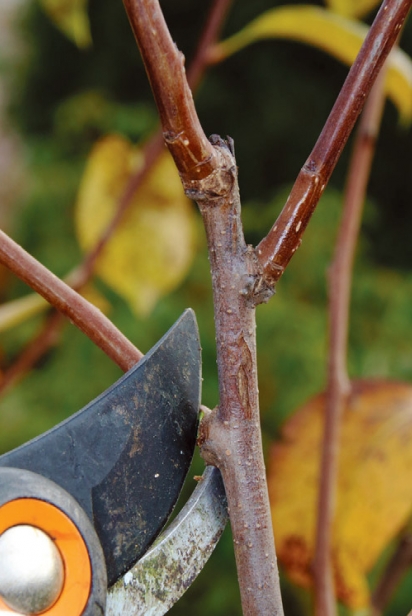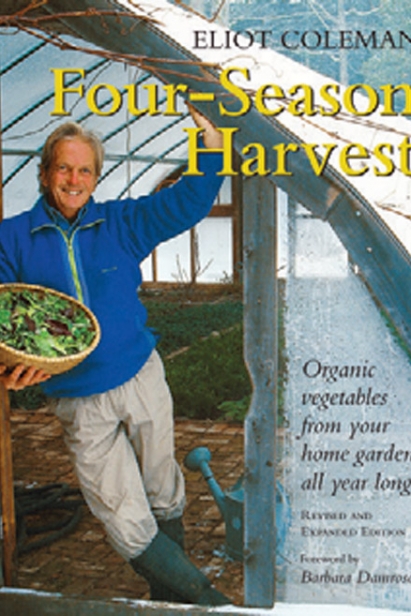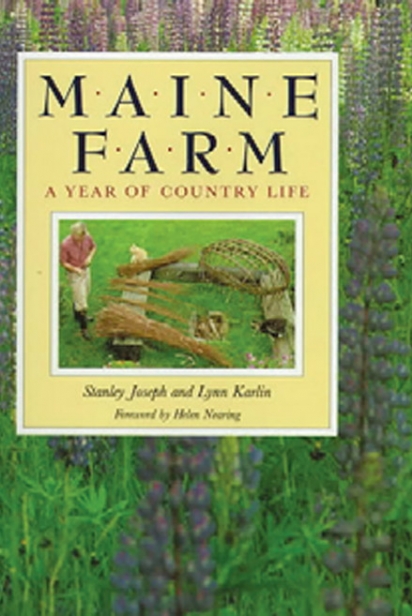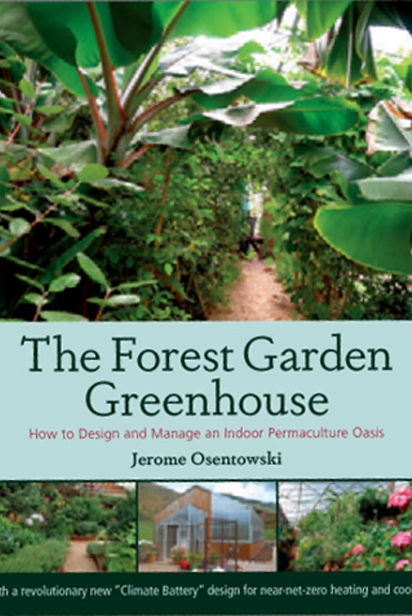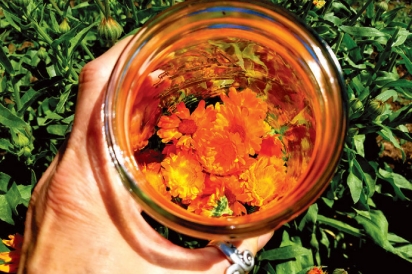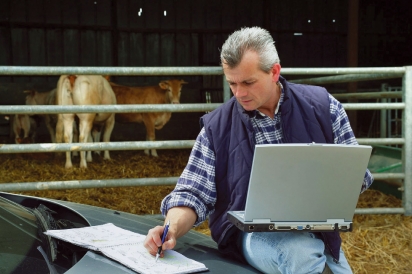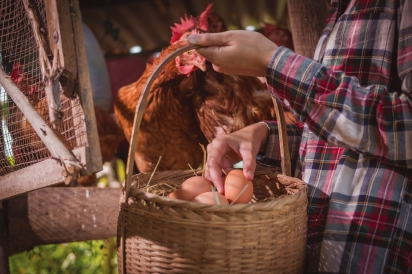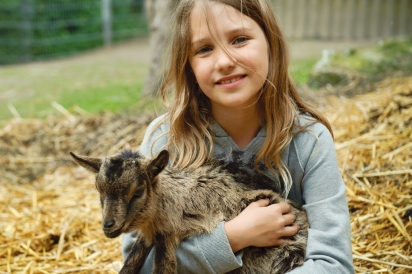Gardening & Agriculture-Based Education
From trimming fruit trees to tending poultry, Colorado has it covered
Food is central to the human experience, and gardening, farming and ranching offer a tactile, authentic connection to the land. As urban and hobby farming and a collective interest in wholesome, locally grown food have grown in popularity, so have workshops, kids’ camps, internships and degrees in various agricultural disciplines. In the Roaring Fork Valley we have nationally recognized programs that offer hands-on courses in how to sustainably grow food, construct garden beds and make biodynamic soil preparations; the following listings include courses and intensives on tending to the land as well as livestock.
Editor’s note: Following is a diverse selection curated by our writer and staff, designed to inspire you to get your hands dirty, but is by no means a comprehensive listing of educational programs.
Gardening, Animal Husbandry, Urban and Biodynamic Farming & Permaculture
Sustainable Greenhouse Design, an annual course taught by Penn and Cord Parmenter at the Denver Botanic Gardens, explores salvaged or new-material greenhouse design techniques that don’t require supplemental heating or cooling, for year-round high-altitude food production (720.865.3500, BotanicGardens.org). The Colorado Gardener Program is a 10-week course of hands-on training and classroom studies, held in Eagle. Offered by Colorado State University Extension, it includes focus on Rocky Mountain gardening practices, taught by horticulturalists from Eagle and the Roaring Fork Valley (970.625.3969, Garfield.Extension.ColoState.edu).
At scenic Mountain Goat Lodge, a hobby farm and B&B in Salida, classes on raising backyard chickens and goat husbandry are open to both guests and the public, by appointment. See our Liquid Assets department for details on their weekly cheesemaking classes (719.539.7173, MountainGoatLodge.com).
Carbondale’s nationally renowned Sustainable Settings is a Demeter-certified research and demonstration site for biodynamic agriculture. (Demeter International is the premier certifier of biodynamic agriculture and leading certifier of organic agriculture.) Courses include seasonal “prep intensives” in which participants learn the process of making homeopathic preparations with native and specific botanicals to regenerate soil and heal the land. Additional workshops include topics like biodynamic animal husbandry (chickens and dairy cows), spring fruit tree enhancements and biodynamic astronomy. Internships include educational focus on biodynamic food, livestock and dairy management (970.963.6107, SustainableSettings.org).
Colorado Mountain College’s annual summer permaculture program is entirely hands-on. Explore design systems creating regenerative human environments of food, medicine and community by working with nature; includes an overview of permaculture principles with fieldwork on living permaculture systems throughout the Roaring Fork Valley, including Sustainable Settings, Central Rocky Mountain Permaculture Institute, Aspen TREE and Aspen Center for Environmental Studies (ACES) at Rock Bottom Ranch (970.947.8246, ColoradoMtn.edu).
Basalt’s ACES at Rock Bottom Ranch offers seasonal farm tours Monday through Saturday (suggested donation, $5–$10, free for members) for the whole family, as well as a self-guided walking path. Learn about their sustainable livestock husbandry, which includes rotational grazing and year-round vegetable production aided by hoop houses (970.927.6760, AspenNature.org).
Central Rocky Mountain Permaculture Institute (CRMPI) outside of Basalt offers classes, and volunteer and livelihood opportunities in forest gardening, edible landscaping, greenhouse design and management, fruit tree grafting, carbon farming, small livestock husbandry and more. CRMPI’s founder and director, Jerome Osentowski, conducts paid tours year-round, weekend workshops in spring and fall and a Permaculture Academy and Permaculture Design Certification (PDC) in summer (970.927.4158, CRMPI.org).
Viva La Vida Foundation in Paonia was created to train students in agriculture, architecture and depollution. Seminars include the “Trinium” approach to agriculture, which evolved from biodynamics, using homeopathic potentization of preparations to make them more effective to meet today’s environmental challenges, which include pollution of air, water and soils—even radioactivity. A November 5–7 course on water explores why it’s critical to food production (970.201.0125, VivaLaVidaFoundation.org).
Academic Programs
Western Colorado Community College’s Sustainable Agriculture Associate of Applied Science curriculum provides the necessary skills to manage a “profitable, environmentally sound, community-based small farm or agricultural business.” Students learn about sustainable agriculture principles and practices and business plan development; emphasis is on in-the-field training. The Grand Junction–based program includes a completion agricultural internship; graduates qualify for employment in disciplines ranging from horticulture and livestock husbandry to environmental education (970.255.2600, ColoradoMesa.edu).
Colorado State University, Ft. Collins offers an interdisciplinary minor in organic agriculture to all students interested in careers in organic food production or wanting to further their knowledge of the “environmental and sociological impacts of conventional agricultural practices.” Curriculum includes courses such as diagnostics in organic systems, ecology/ management of weeds, agricultural ethics and integrated pest management. Students also have the opportunity to work in the student-run organic campus garden (970.491.4885, Organic.Agsci.ColoState.edu).
University of Colorado, Denver, offers a Sustainable Urban Agriculture Certificate where students learn the history of urban farming and get schooled on the modern agro-food system. Sample classes include urban food and agriculture, which reviews emerging models of farming and explores sustainable futures. Sustainable urban agriculture field study is a hands-in-the-dirt course, where students practice learned techniques at a working urban farm near campus (303.315.5725, UCDenver.edu).
Cultivation for Kids
Colorado Rocky Mountain School (CRMS) in Carbondale has provided handson agricultural education for grades 9–12 for 20 years. With an eight-acre expansion and bee program/apiary in the works, students will have more opportunities to grow their own food for the CRMS kitchen. By applying academic subjects like math, art and science to sustainable agriculture, students come full circle learning about the connections between the environment, ecology and food production (970.963.2562, CRMS.org).
Aspen TREE’s bucolic Farm Park at Cozy Point Ranch offers personalized, private programs, including apprenticeships and internships for children 11 and up. Their Earth Keepers summer kids’ camp and family workshops focus on the connection between food and environment through interactions with livestock, garden and farmyard exploration, nature discovery, solar cooking and community-building activities (970.379.2323, Aspen-Tree.org).
At Carbondale’s Ross Montessori Elementary School, the curriculum and playground culminate in a blend of wild and cultivated. A hoop house and gardens for starting and growing annual and perennial food crops take children through math, science, botany and beyond. The playground is interspersed with orchard fruits, raspberries and a pollinator garden (970.963.7199, RossMontessori.org).
Resources
Roaring Fork Farmers and Ranchers offers beginning farmers in the Roaring Fork Valley and environs support and advocacy at local and national levels, connecting growers and ranchers with resources and tools to further the future of local food production. Contact rfbeginningfarmers@gmail.com or visit Facebook.
The Forest Garden Greenhouse, How to Design and Manage an Indoor Permaculture Oasis, by Jerome Osentowski (Chelsea Green Publishing). The founder of Basalt’s Central Rocky Mountain Permaculture Institute’s guide to “near-net zero” indoor permaculture growing methods, for year-around food production.
The Four-Season Harvest: Organic Vegetables From Your Home Garden All Year Long, by Eliot Coleman (Chelsea Green Publishing). Pioneering godfather to organic farming’s tome on growing organic vegetables year around.
Maine Farm: A Year of Country Life, by Stanley Joseph (Smallwood & Stewart). This coffee table classic is a sumptuous how-to that’s sure to change the arc of your life as a grower or gardener.


